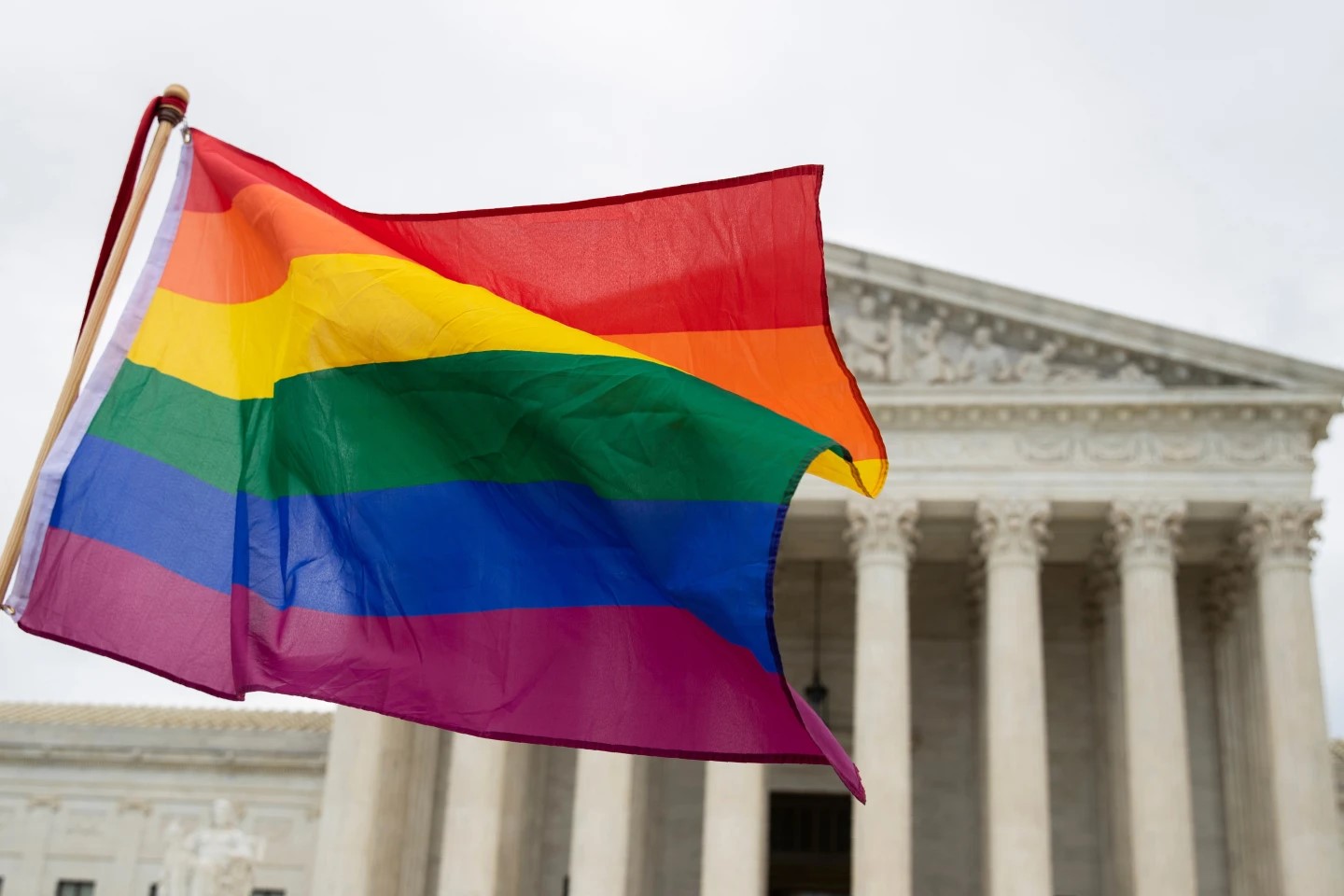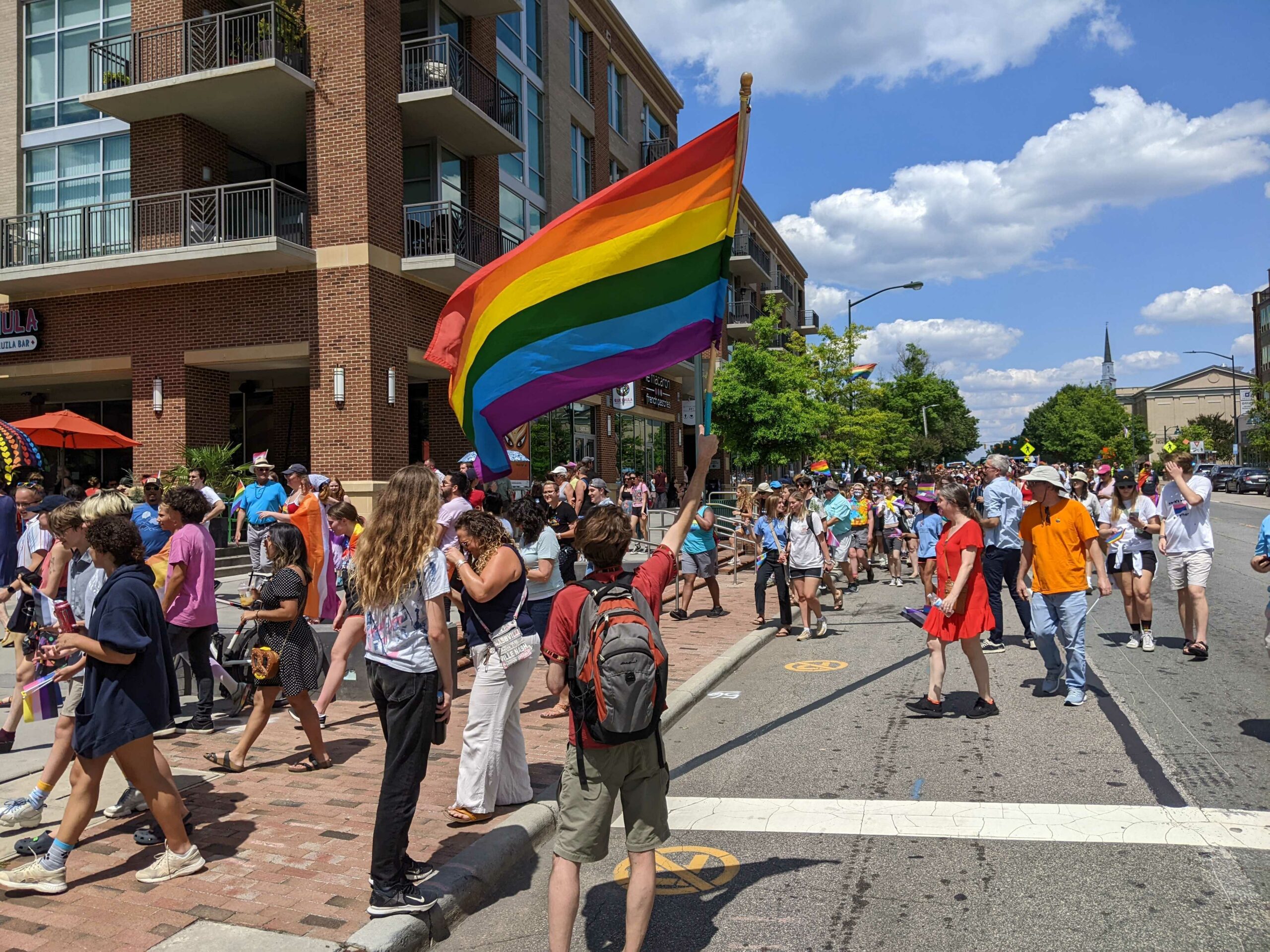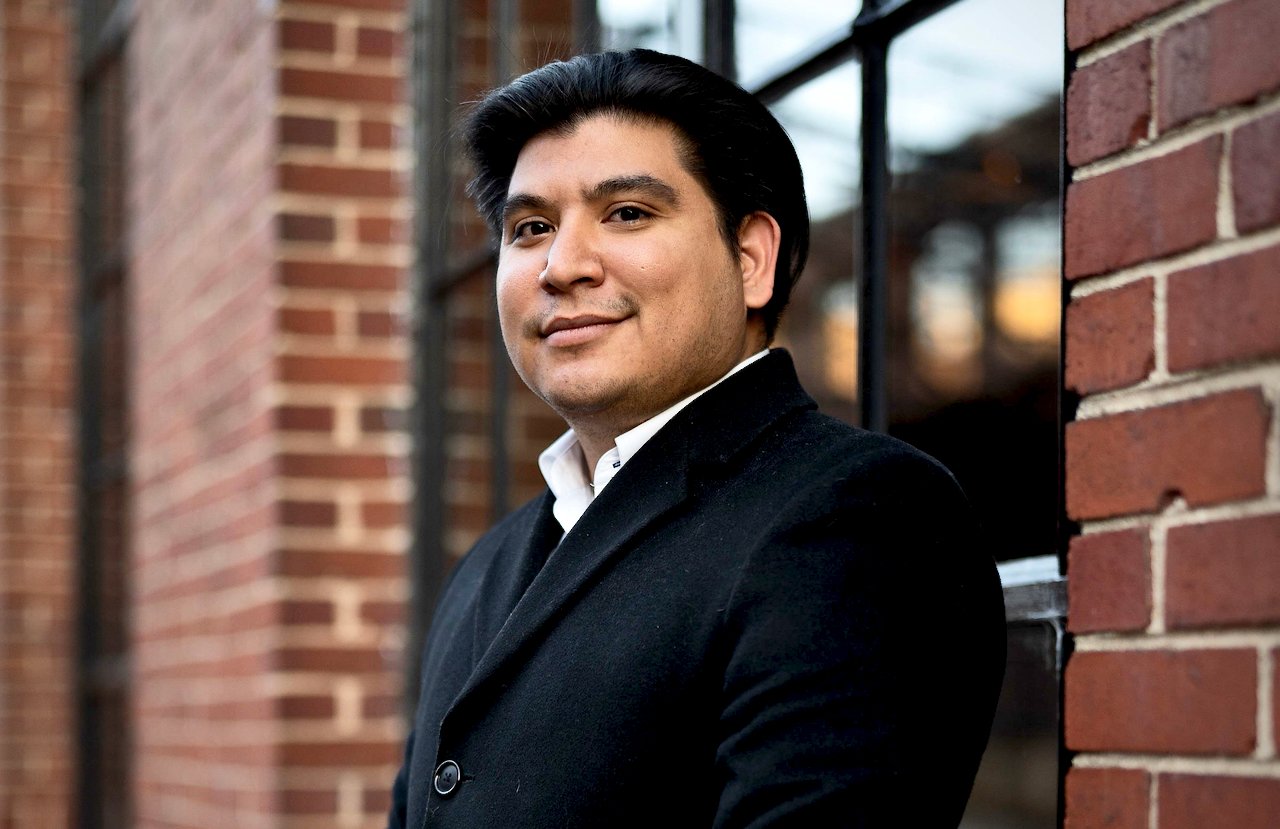Thanks to technological advances, the world is rapidly progressing every single day. But for the LGBTQ community, policies from nearly four decades ago have remained stagnant.
More than 40 people died and more than 50 were injured last week after a shooting at Pulse, a popular gay nightclub in Orlando, Florida. It’s marked in history as the United States’ deadliest mass shooting to date, but could also be marked as a turning point in blood donation policies.
Long lines formed around the blocks surrounding blood banks in Orlando and other locations around the country on Sunday—hundreds of people wishing to give tangible support to those affected.
Hundreds more wished to help, but were forbidden to do so.
“One of the ways that we show support for family, for loved ones, for people we may not know, but to show signs of solidarity and to show our humanity is to give when these tragedies happen,” said Lee Storrow, executive director of the North Carolina AIDS Action Network. “I think that the discriminatory nature of the blood ban was really illuminated for a lot of people when they realized that the community that had been so impacted by what happened in Orlando wasn’t in a capacity to donate blood and to give back.”
Storrow said that, historically, the policy prohibited men who had ever engaged in sexual activity with another man from donating blood.
“I think universally everyone believed, even leadership at the FDA voted as early as 2010, that the policy was a sub-optimal one and that there had to be a better way to address this issue.”
According to Storrow, the FDA announced they would be changing the policy in 2014 to a one year deferral for men who had engaged in sexual activity with another man. The updated policy was implemented at the end of 2015 and was in effect during the Orlando aid efforts.
Storrow has been advocating the removal of this policy, saying it is a stigmatizing stance not grounded in science and facts about the current state of HIV, about testing for HIV or about who’s impacted by HIV in America.
“Other populations that are also at a high risk for HIV don’t face the same one year deferral,” Storrow said. “From a public policy perspective, while this issue may seem trite compared to the tragedy of what happened Sunday in Orlando, I think the policy is a reminder of ways that we have continued to discriminate against the LGTBQ community, continued to use stigma in the writings in law instead of science and facts.”
Storrow said that the original public policy was important in the 1980s because it ensured that, with the limited information available about HIV, blood supplies were protected and the spread of HIV could be stopped.
“Now, we have very advanced testing when it comes to testing for both HIV and STIs in a way we didn’t during the 1980s at the height of the AIDS crisis,” he said. “The world’s changed a lot in the decades since then. We now have medication that individuals at high risk for HIV can take to prevent them from becoming HIV positive. We know so much more, the quality of HIV testing has increased.”
Storrow also said that what the advocacy community can do now is point to the best practices that some peer countries, particularly those in Europe, have implemented—that instead of making blanket bans, look at risk activity and where that activity puts people on a spectrum of donation policy.
“This policy is so outdated and reinforces so many negative traits about the LGBTQ community…I know that’s not the world many of us want to live in.”







